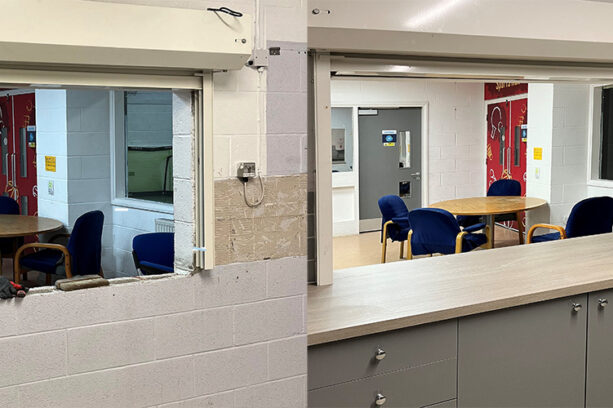EQ weekly roundup 12-9-18

This week’s roundup includes news that wages are rising faster than expected, Network Rail has sold its railway arches land for £1.5bn and Co-op has lowered its prices as it enters the growing funeral price war.
This week’s roundup includes news that wages are rising faster than expected, Network Rail has sold its railway arches land for £1.5bn and Co-op has lowered its prices as it enters the growing funeral price war.
Wages rise faster than expected
Wages saw faster than expected growth in the three months to July, as they continued to outstrip rising prices.
Excluding bonuses, wages grew by 2.9%, according to figures from the Office for National Statistics (ONS), well above the inflation rate. Earnings have now outstripped inflation for four months.
Unemployment continued to fall, dropping by 55,000 to 1.36 million, with the jobless rate remaining at 4%, its lowest level for over 40 years.
The number of people in work was unchanged at 32.4 million. The ONS said the labour market was ‘robust’ with the number of people in work ‘still at historically high levels’.
‘With the number of people in work little changed, employment growth has weakened,’ said the ONS’s Head of labour market statistics, David Freeman. ‘Meanwhile, earnings have grown faster than prices for several months, especially looking at pay excluding bonuses.’
The inflation rate for the three-month period to July was 2.4%, with the rate for just July slightly higher at 2.5%.
Network Rail sells railway arches for £1.5bn
Network Rail is selling its commercial property portfolio in a deal that will raise £1.46bn and shore up the railway operator’s finances.
It said the proceeds of the sale to Blackstone Group and Telereal Trillium would help fund railway upgrades.
But tenants of the 5,200 properties being sold, predominantly converted railway arches, have expressed concern. Campaign group, Guardians of the Arches, said they feared the sale would lead to higher rents for tenants.
Some businesses had already faced steep rent rises in recent years and feared the new owners would increase them further or move businesses out at the end of their contracts, the group said.
The UK’s railway arches are home to a wide range of businesses including furniture restorers, metal-shop workers, café owners, hairdressers, micro-breweries, galleries, gyms and motorbike repair shops.
Network Rail said the new owners, property investors Telereal Trillium and private equity group Blackstone, would adopt a ‘tenants first’ approach, established through a tenants’ charter, which would ensure the new owners engaged with tenants and local communities ‘in an open and honest manner’.
Co-op joins the funeral price war
Funeral firm Dignity’s shares have fallen after Co-op offered to beat the cost of ceremonies offered by rivals, amid growing competition in the sector.
Co-op is also reducing the cost of its lowest-priced ‘Simple’ funeral.
Dignity’s budget option, which includes a standard-issue coffin and no frills, is more expensive than the Co-op’s, even though it cut prices this year.
‘The key concern post Dignity’s announcement of price reductions in January to match the Co-op on Simple funerals was that the Co-op would respond – it now has with a £100 price reduction,’ said Charles Hall, Analyst at Peel Hunt.
Dignity’s shares were down over 6% as investors feared a price war.
Dignity and the Co-op are the biggest players in the UK funeral market, with market shares of 12% and 16% respectively, and are battling it out for dominance.
Royal London reported last week that the average cost of a funeral fell very slightly over the last year to £3,757. While the direct costs of burial and cremation have risen, funeral directors have reduced their costs to compensate, Royal London’s National Funeral Costs Index indicated.
Unions call for four-day working week
A four-day working week will be possible this century if businesses are forced to share the benefits of new technology with their workforce.
That’s the claim from the TUC which has called on the government to take action to help people work less but get paid the same.
Artificial intelligence, robotics and automation could provide a £200bn UK economic boost in the next decade.
Some 1.4 million people now work a full seven days a week in the UK, according to the TUC, and 51% of people they surveyed said they feared the benefits of new technology would go to company managers and shareholders.
A report this January from Centre for Cities found that 3.6m UK jobs could be replaced by machines by 2030.The TUC’s general secretary Frances O’Grady highlighted that unions had fought for two-day weekends and limits on long hours – and that this is their next challenge.
‘We know that some people are pessimistic about whether technology will make their lives better, but technology could be a force for good, we can also make everyone’s working lives better and richer,’ she explained.

